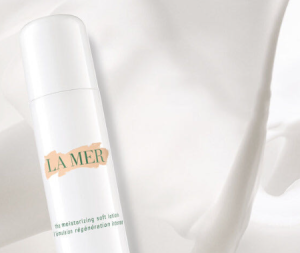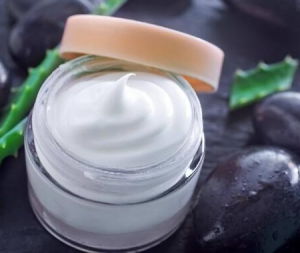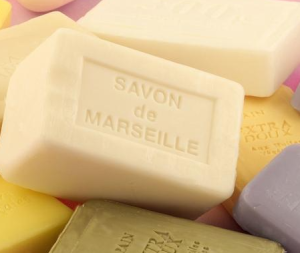Glycerin, also known as glycerol, is a colorless, odorless, and viscous liquid that is widely used in various industries. It is a natural byproduct of the soap-making process and is also produced from vegetable oils and animal fats. Glycerin has a wide range of applications, from cosmetics and personal care products to food and pharmaceuticals. In recent years, glycerin has gained popularity as a sustainable and eco-friendly ingredient due to its numerous benefits and properties.
One of the main advantages of glycerin is its moisturizing properties. Glycerin is a humectant, which means it attracts water molecules from the surrounding environment and helps to retain moisture in the skin. This makes it an ideal ingredient for skincare products such as lotions, creams, and serums. Glycerin is also used in hair care products to moisturize and condition the hair, leaving it soft and shiny.


Another benefit of glycerin is its ability to improve the texture and consistency of products. Glycerin is a thick and viscous liquid that can help to thicken and stabilize formulations. It is often used as a binding agent in food products such as baked goods and confectionery. Glycerin is also used in pharmaceuticals as a solvent and sweetener.
Glycerin is a sustainable and eco-friendly ingredient due to its natural origin and biodegradability. It is derived from renewable sources such as vegetable oils and animal fats, which makes it a more sustainable alternative to synthetic ingredients. Glycerin is also biodegradable, which means it can break down naturally in the environment without causing harm.
In the cosmetics and personal care industry, glycerin is used in a wide range of products such as moisturizers, cleansers, and hair care products. Glycerin is a safe and effective ingredient that has been used for centuries in traditional remedies and beauty treatments. It is non-toxic, non-irritating, and non-sensitizing, which makes it suitable for all skin types.
Glycerin is also used in the food industry as a sweetener, humectant, and thickener. It is commonly used in baked goods, confectionery, and beverages. Glycerin is a natural alternative to synthetic sweeteners such as high fructose corn syrup and artificial sweeteners. It is also used as a humectant in food products to prevent them from drying out and to improve their texture and consistency.


In the pharmaceutical industry, glycerin is used as a solvent, sweetener, and preservative. It is commonly used in cough syrups, lozenges, and other oral medications. Glycerin is also used in topical medications such as creams and ointments to improve their texture and consistency.
Glycerin is a versatile ingredient that can be used in a wide range of applications. It is a sustainable and eco-friendly alternative to synthetic ingredients that offers numerous benefits and properties. Glycerin is a natural byproduct of the soap-making process and is also produced from renewable sources such as vegetable oils and animal fats. It is biodegradable and non-toxic, which makes it a safe and effective ingredient for various industries.
In conclusion, glycerin is a sustainable and eco-friendly ingredient that offers numerous benefits and properties. It is a natural byproduct of the soap-making process and is also produced from renewable sources such as vegetable oils and animal fats. Glycerin is a humectant that attracts water molecules and helps to retain moisture in the skin. It is also used as a thickener, binding agent, and sweetener in various industries. Glycerin is biodegradable and non-toxic, which makes it a safe and effective ingredient for cosmetics, food, and pharmaceuticals. As consumers become more aware of the environmental impact of their choices, glycerin is likely to become an increasingly popular ingredient in various applications.


